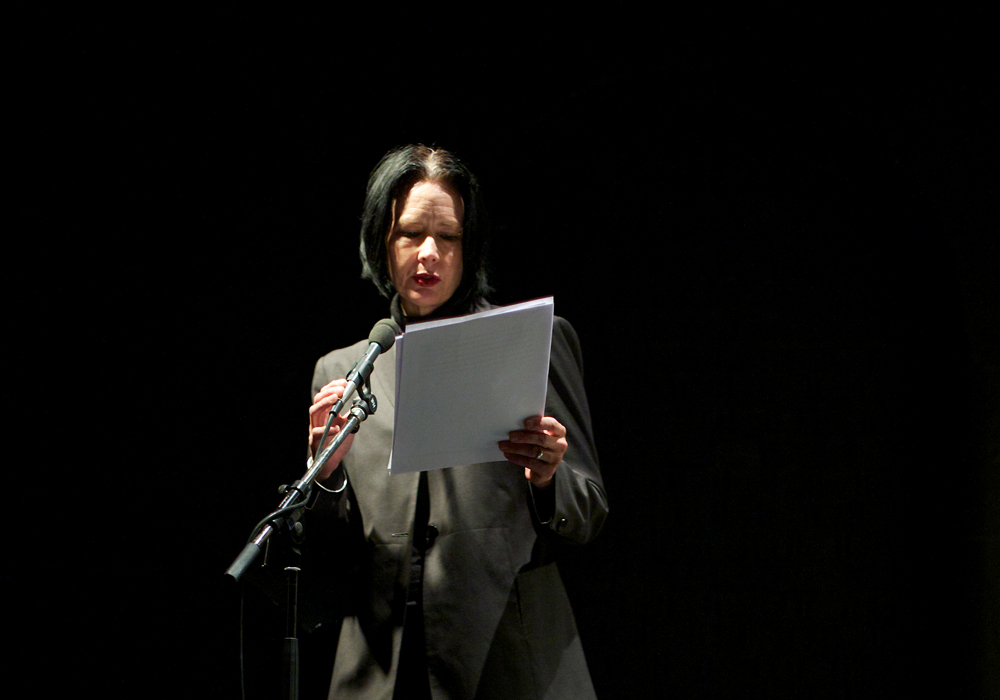
Notes on Conceptualism Lecture
Vanessa Place
Vanessa Place talks at The Friday Event series at the Glasgow School of Art about her practice as a writer.
Arika have been creating events since 2001. The Archive is space to share the documentation of our work, over 600 events from the past 20 years. Browse the archive by event, artists and collections, explore using theme pairs, or use the index for a comprehensive overview.

Vanessa Place talks at The Friday Event series at the Glasgow School of Art about her practice as a writer.

The mutability of the body and the mobility of identity: queered pop culture, drag, lip-sync and performance.
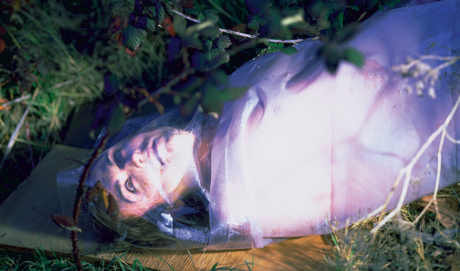
“I am truly without faith. In a media marketplace that demands soulness, I can only offer soulnessless.”
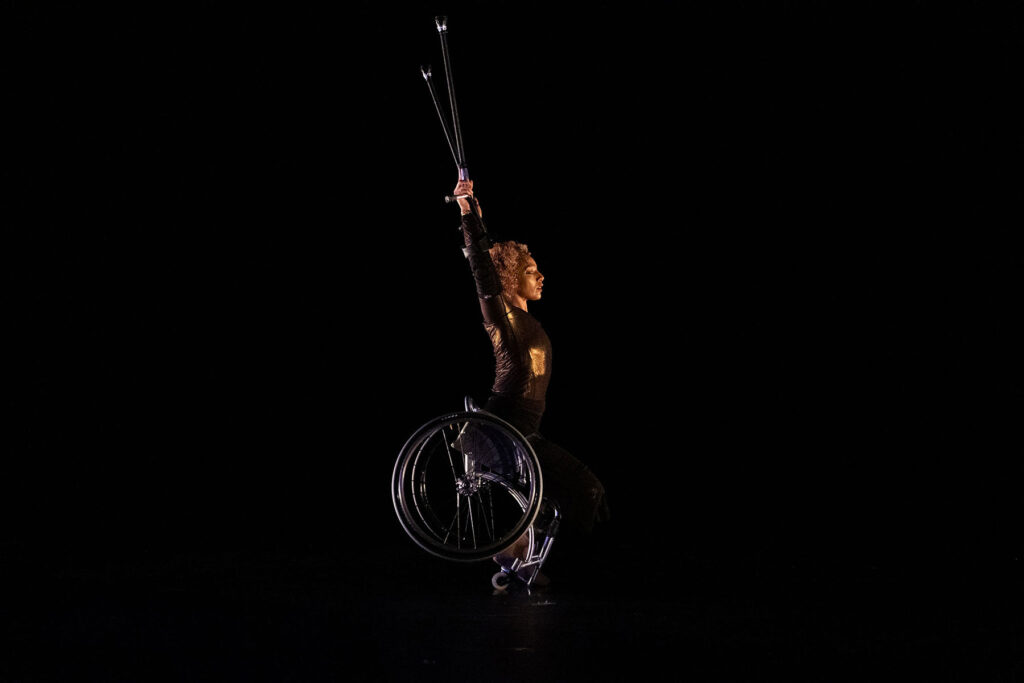
An occasion for commotion, and a chorus of motions. Choreography rotating your revolutions and then some.
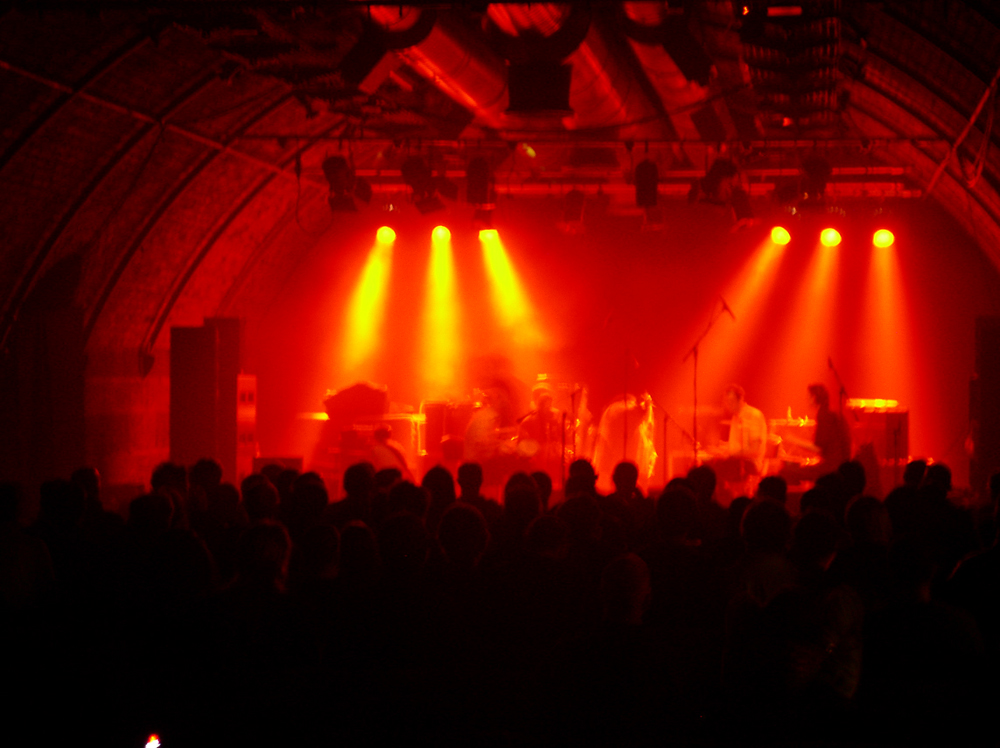
For this one off performance Vibracathedral Orchestra are joined by Matthew Bower and John Godbert from mighty UK heavy/drone/psych free-noise behemoths Skullfower, Sunroof! and Total.
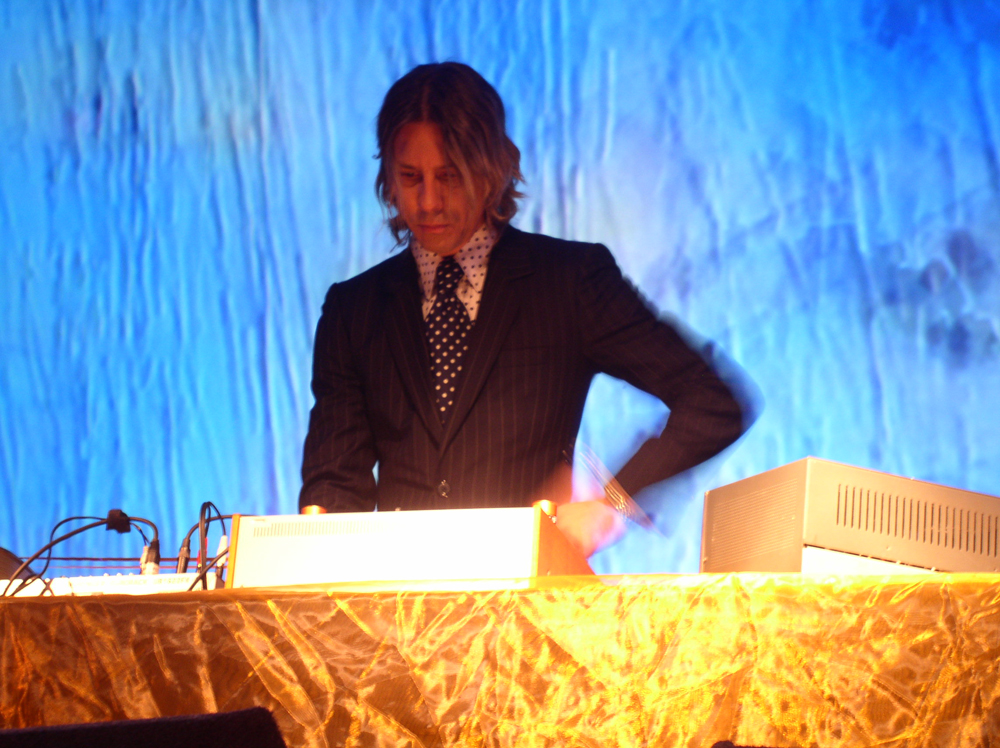
Improvising using nothing so much as the passage of time as his instrument, Basinski creates works of great melancholic depth and fragile beauty.

Akio Suzuki and John Butcher performing in a remote sea cave near Durness.

Taking a scalpel to the relationship between performer and audience: cutting something out to see what’s left, a drastic subtraction and shift of emphasis.

Rather than asking the state for services, what kinds of change are made possible when we prioritise people supporting each other?

A recording session for BBC Radio Scotland under the M74 ‘Ski Jump’ extension ramp, a secion of motorway that doesn’t go anywhere, one of several such structures that populate the motorway system in the centre of Glasgow.

A celebration of the release of four books written by members of, and focused on about the House and Ballroom scene.

Reading their letters to each other, and chatting about prefigurative politics as the practice of relentlessly building worlds through unspeakable violence and loss; of building worlds and living in them anyway.